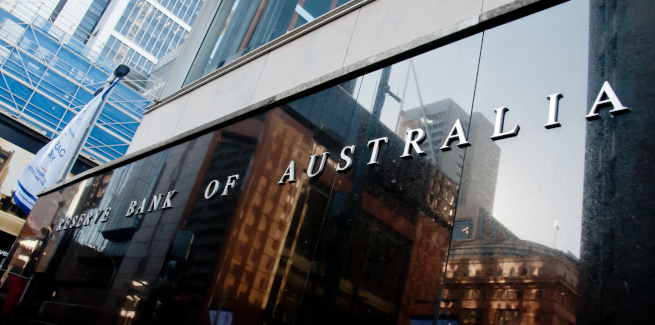The latest Consumer Price Index (CPI) data, released by the Australian Bureau of Statistics (ABS), has reported headline inflation growth of 0.5 per cent in the December quarter of 2018, slightly higher than market expectations of a 0.4 per cent increase.
However, the annual inflation rate declined over the December quarter to 1.8 per cent, compared to a 1.9 per cent year-on-year rise in the previous quarter.
Underlying inflation, as measured by the trimmed mean and weighted median, averaged 0.4 per cent over the December quarter and 1.8 per cent year-on-year, in line with market expectations and the September quarter.
AMP chief economist Shane Oliver observed that headline and underlying inflation figures remain below the Reserve Bank of Australia’s (RBA) 2-3 per cent, which he said suggests that the central bank needs to “rethink its communication about the next move in interest rates being up”.
“Underlying pricing pressures in Australia have been weak over recent years, and the December quarter inflation data confirms that this remains the case,” Mr Oliver said.
“While Australian GDP growth was decent in 2018, it was not enough to work through spare capacity in the economy.
“We expect slower [GDP] growth in 2019 – now likely to be around 2-2.5 per cent – which means that spare capacity pressures will continue to put downward pressure on prices and wages.”
Reflecting on the release of the ABS figures, ANZ Research also stated that it expects the below-trend CPI results to continue through the first quarter of 2019 and miss the RBA’s target.
“We expect headline CPI to be broadly similar in Q1 2019,” the research group said. “The challenge for the RBA is that their November forecast needs an acceleration in core inflation in the first half of 2019 to achieve the expected core pick of 2 per cent by June 2019.”
ANZ Research added: “This looks difficult given the economy’s loss of momentum in the second half of 2018.”
Further, the AMP’s chief economist also pointed to weakness in other economic indicators, including the drop in property values and the fall in building approvals, which he said could prompt the RBA to cut the official cash rate by 50 basis points to a new record-low by the end of 2019.
“Combined with the run of poor national data lately, including a drop in business conditions, lower consumer sentiment, falling manufacturing PMI’s, falling building approvals and falling home prices, we think the Reserve Bank will need to downgrade its optimistic growth forecasts of around 3.25 per cent for 2019 before cutting the cash rate in the second half of the year.”
He concluded: “We see the cash rate ending 2019 at 1 per cent.”
[Related: ‘RBA spin wearing thin’ as mortgage stress mounts]
 ;
;
